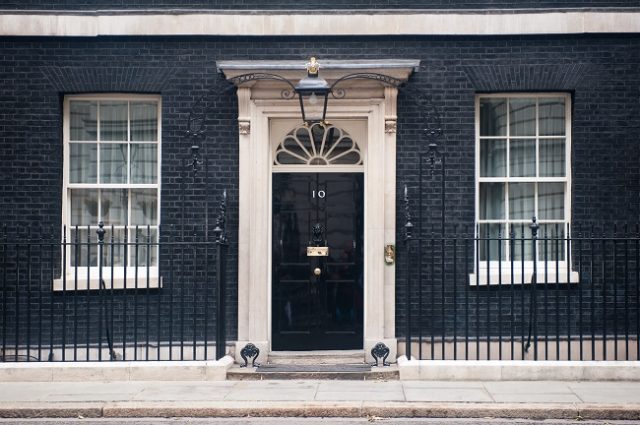MPs have urged the government to scrap the loan charge tax policy, warning of the impact it will have on those effected, both financially and in terms of mental health. The charge has seen many self-employed workers facing huge retrospective bills.
Writing to Prime Minister Boris Johnson and Chancellor Rishi Sunak, the seventy-six MPs in the Loan Charge Action Group (LCAG) said that those impacted had essentially been mis-sold loan schemes. Such schemes began to be commonly used after the government introduced a new law classing many freelancers as employers in 1999.
This meant that such freelancers were liable to pay National Insurance Contributions (NICs) and some turned to loan schemes, which were widely described as legal, in order to avoid NICs. The government clamped down on loan schemes in 2016 and subsequently sought retrospective tax payments from those involved who were paid via loans from 2010 onwards.
The LCAG has asserted that enforcing this would leave many freelancers with enormous tax bills. It says that some freelancers who were on lower incomes could be charged more than £10,000, while self-employed workers who were earning £50,000 or more could face a £500,000 bill.
Writing to the Prime Minister and the Chancellor, the LCAG called on the government to accept the unfairness of the loan charge and to recognise the huge toll that enforcing it would have on the finances and mental health of thousands of freelancers.
Responding to the LCAG’s concerns, however, HMRC has insisted that: “The loan charge was introduced to ensure those who used disguised remuneration tax-avoidance schemes paid their fair share of income tax and national insurance contributions.”
“We must uphold the fundamental principle that individuals are responsible for their own tax affairs, and it is right that we continue to tackle these types of avoidance schemes as they deprive public services of vital funding.”
Sign in
Welcome! Log into your account
Forgot your password? Get help
Password recovery
Recover your password
A password will be e-mailed to you.









